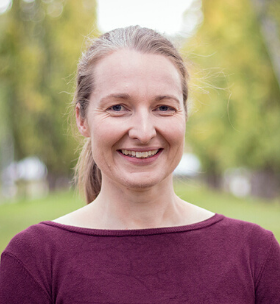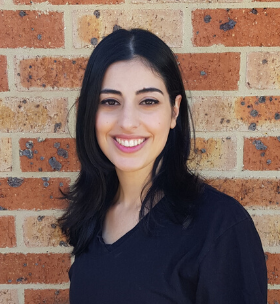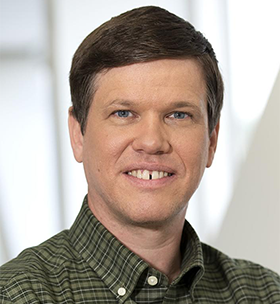Ethnography of a Computational System



INSTRUCTORS: Amy McLennan, Zena Assaad & Brendan Traw (3A Institute, Australian National University )
SCHEDULE: The timing is ideal for attendees in the Americas, E+SE Asia, AU, NZ:
Thurs, Oct 22, 3–6:00 pm San Francisco = 7:00 pm São Paulo = Fri, Oct 23, 9:00 am Melbourne / convert time zone
*Registration is closed
Overview
This tutorial takes a single computational object and examines it from multiple angles, contexts, and scales. Dismantling it piece by piece, we’ll reveal origins, resource costs, and systems of production, use, and decomissioning. This process empowers us to look beyond the single-user paradigm and towards the thousands of people who encounter a computational object throughout its lifespan.
Participants will:
- Learn the basics of studying an object and the traces it leaves over time and space
- Critique the user-centred approach to computational objects and look instead toward and beyond systems design.
- Apply what you have learned to think about other products or topics in multiple contexts.
Requirements
The tutorial will include a mixture of presented content, small-group discussion, and activities. No prior knowledge is necessary; participants will require a computer with Zoom capabilities (a phone screen will be too small to engage effectively in the activities).
Ahead of the session, participants will be asked to complete short reading/viewing assignments. Background:
- Kate Crawford & Vladan Joler (2018) Anatomy of an AI system.
- 99% Invisible (2019) Episode 361: Built on sand.
- Grace Hopper (1983) Admiral Grace Hopper explains the nanosecond. (She explains in more detail in a full-length lecture at MIT Lincoln Laboratory in 1985.)
This tutorial is adapted from the Data course in the 3A Institute’s CPS Building Blocks series of short-courses.
Instructors
Amy McLennan is a Research Fellow with the 3A Institute at the Australian National University (ANU), a Tuckwell Fellow at ANU, and is also a Research Affiliate with the School of Anthropology at the University of Oxford. Trained in biomedical science, human nutrition and medical anthropology, she completed her DPhil at the University of Oxford’s School of Anthropology. She also has experience as a Senior Analyst in the Australian Government’s Department of the Prime Minister and Cabinet. She has also held several positions in private industry, including in international development and human-centred design consulting, and continues to offer freelance research, facilitation and education design services.
Zena Assaad is a Research Fellow at the 3A Institute (3Ai) at the Australian National University. Zena completed a PhD in strategic long-range air traffic flow management. She has worked with the Department of Defence as a liaison officer for military airspace. She was a Satellite-Based Augmentation System (SBAS) engineer with Geoscience Australia, working as the technical lead for test and evaluation and the development of a safety case for civil aviation safety-of-life certification. Prior to joining ANU, Zena worked with the Civil Aviation Safety Authority as a research specialist. Her research areas of interest include air traffic flow management and unmanned traffic management.
Brendan Traw is a Distinguished Honorary Professor with the 3A Institute at the Australian National University and an advisor to startups. After completing his PhD in computer science at the University of Pennsylvania in 1995, Brendan spent the next 25 years at Intel Corporation as a systems architect and executive, focused on solving challenges at the intersection of technology, policy, and business, rising to Fellow in 2003 and Senior Fellow in 2015. Along the way, he received 34 patents in the areas of content protection, systems architecture, and network security, two Intel Achievement Awards (Intel’s highest honor), and recognized by the National Academy of Television Arts and Sciences for two technologies of which he was a creator with their Technology and Engineering Emmy awards in 2009 (HDMI) and 2015 (HDCP). Brendan loves solving technical challenges in a hands-on manner with maker projects always ongoing in his garage and as a partner in multiple mineral specimen mining projects across the western United States.
Questions? register@epicpeople.org
